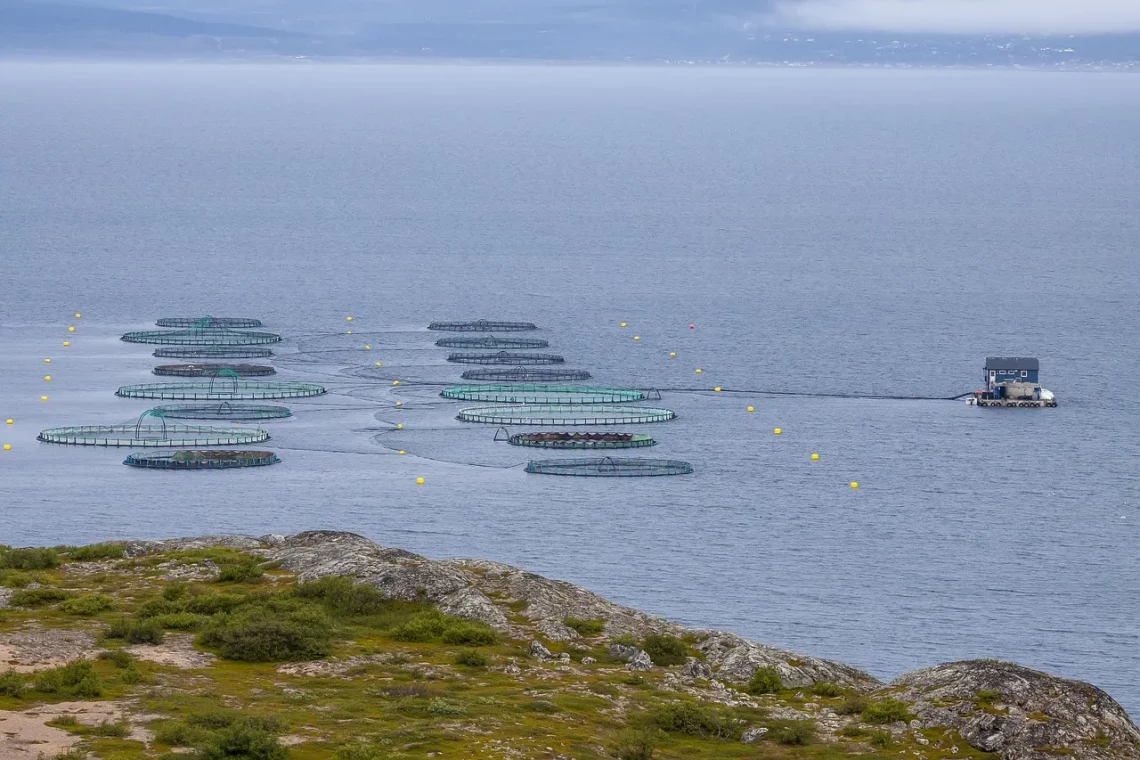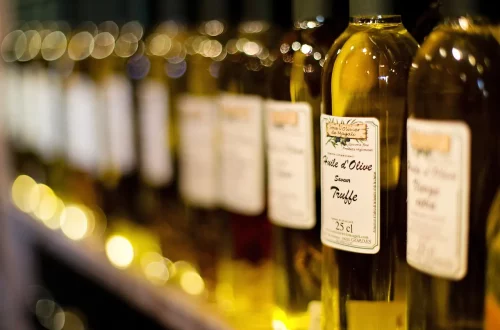
The Surprising Benefits of Fish Waste in Aquaculture and Gardening
The sustainable management of resources is becoming increasingly crucial in our modern world, where environmental concerns and food security are at the forefront of global discussions. Among the myriad of practices being explored, aquaculture—the farming of fish and other aquatic organisms—has gained significant attention as an efficient means of producing protein. However, while fish farming offers various advantages, it also generates a substantial amount of waste. This waste is often viewed negatively, yet recent studies and practices reveal its surprising potential benefits, especially when applied in gardening and agriculture.
Fish waste, comprised of uneaten food, feces, and other organic matter, has been traditionally discarded, leading to pollution and adverse environmental effects. Nevertheless, innovative approaches are emerging that harness this byproduct, transforming it into a valuable resource. By understanding the ecological cycle and the potential of fish waste, aquaculturists and gardeners alike can adopt more sustainable practices that enhance soil health, increase crop yields, and improve overall ecosystem balance. This article delves into the multifaceted benefits of fish waste, highlighting how it can be a game-changer in both aquaculture and organic gardening.
Transforming Waste into Nutrient-Rich Fertilizer
One of the most significant benefits of fish waste lies in its ability to serve as a natural fertilizer. When properly processed, fish waste can be rich in essential nutrients such as nitrogen, phosphorus, and potassium—elements that are crucial for healthy plant growth. These nutrients are vital for the development of strong root systems, vibrant foliage, and fruitful yields.
The process of converting fish waste into fertilizer typically involves composting or anaerobic digestion. In composting, fish waste is mixed with carbon-rich materials like leaves or straw, allowing microorganisms to break it down into a nutrient-dense compost. This method not only improves the soil structure but also enhances its moisture retention capabilities, which is particularly beneficial in arid regions.
Moreover, using fish waste as fertilizer contributes to reducing chemical fertilizer dependency. Many chemical fertilizers can lead to soil degradation and water pollution over time. In contrast, organic fertilizers derived from fish waste improve soil health and promote biodiversity in the soil ecosystem. This natural approach fosters a more sustainable agricultural practice that aligns with the principles of organic gardening.
In addition to enhancing soil fertility, fish waste fertilizers can also help in pest management. Certain compounds found in fish waste can deter pests and diseases, reducing the need for chemical pesticides. By integrating fish waste into their gardening practices, gardeners can promote a healthier ecosystem that supports beneficial insects and microorganisms while minimizing harmful interventions.
Enhancing Aquaculture Sustainability
In the realm of aquaculture, managing fish waste is essential for sustainability. Traditional fish farming often leads to significant waste accumulation, which can pollute water bodies and disrupt local ecosystems. However, innovative aquaculture systems are now utilizing fish waste to promote a circular economy within the farming process.
One such method involves the use of integrated multi-trophic aquaculture (IMTA), where different species are farmed together in a mutually beneficial system. In IMTA, the waste produced by fish can be used to nourish shellfish and seaweeds, which in turn help to filter the water, creating a healthier environment for all species involved. This symbiotic relationship not only enhances the overall productivity of the aquaculture system but also minimizes environmental impacts.
Furthermore, utilizing fish waste in aquaculture systems can reduce feed costs. Fish waste can be processed into fish meal or fish emulsion, which can serve as a high-protein feed for other aquatic species. This not only provides a cost-effective solution for fish farmers but also reduces the pressure on wild fish stocks, as less wild-caught fish is needed for feed.
The integration of fish waste into aquaculture practices promotes a sustainable approach to food production. By adopting these practices, aquaculture can support local economies, enhance food security, and contribute to the preservation of marine ecosystems.
Improving Soil Microbial Activity
Another unexpected advantage of fish waste is its ability to enhance soil microbial activity. Soil health is fundamentally linked to the presence and diversity of microorganisms, which play a crucial role in nutrient cycling, organic matter decomposition, and plant health. Fish waste acts as a food source for beneficial soil microbes, stimulating their activity and fostering a more vibrant soil ecosystem.
When fish waste is incorporated into the soil, it provides not only essential nutrients but also organic matter that enhances soil structure. The presence of organic matter improves aeration, water retention, and drainage, creating an optimal environment for microbes to thrive. As microbial populations increase, they contribute to breaking down organic materials, releasing nutrients in forms that plants can readily absorb.
Additionally, healthy microbial communities can suppress soil-borne diseases and pests. This natural form of pest control is particularly important for organic gardeners who wish to avoid synthetic pesticides. By promoting a thriving microbial ecosystem through the addition of fish waste, gardeners can enhance plant resilience and reduce the risk of crop failure.
The relationship between fish waste and soil health exemplifies the interconnectedness of aquatic and terrestrial ecosystems. By recognizing the value of fish waste as a natural soil amendment, gardeners and farmers can create more sustainable practices that benefit both their crops and the environment.
Advancements in Waste Processing Technologies
The growing awareness of the benefits of fish waste has sparked advancements in waste processing technologies. Innovations such as biochar production and anaerobic digestion are gaining traction as environmentally friendly methods for managing fish waste.
Biochar, a form of charcoal created through pyrolysis of organic materials, can be produced from fish waste. This process not only sequesters carbon but also enhances soil fertility. When applied to agricultural land, biochar improves soil structure, increases nutrient retention, and promotes beneficial microbial activity. It serves as a long-term solution for carbon management and soil enhancement, making it an attractive option for both aquaculture and gardening.
Anaerobic digestion, on the other hand, involves breaking down fish waste in the absence of oxygen to produce biogas, a renewable energy source. This process not only reduces waste volume but also generates energy that can be used to power aquaculture facilities or nearby farms. The digestate, a nutrient-rich byproduct of anaerobic digestion, can then be used as an organic fertilizer, completing the cycle of sustainability.
These technological advancements are not only beneficial for individual farmers and gardeners but also for the broader environmental landscape. By effectively managing fish waste through innovative processes, we can reduce pollution, enhance energy efficiency, and promote sustainable agricultural practices.
In conclusion, the surprising benefits of fish waste in aquaculture and gardening highlight the potential for transforming byproducts into valuable resources. By embracing these practices, we can contribute to a more sustainable future, fostering healthy ecosystems and ensuring food security for generations to come.
**Disclaimer:** This article is for informational purposes only and should not be considered medical advice. Always consult a healthcare professional for any health-related concerns.




